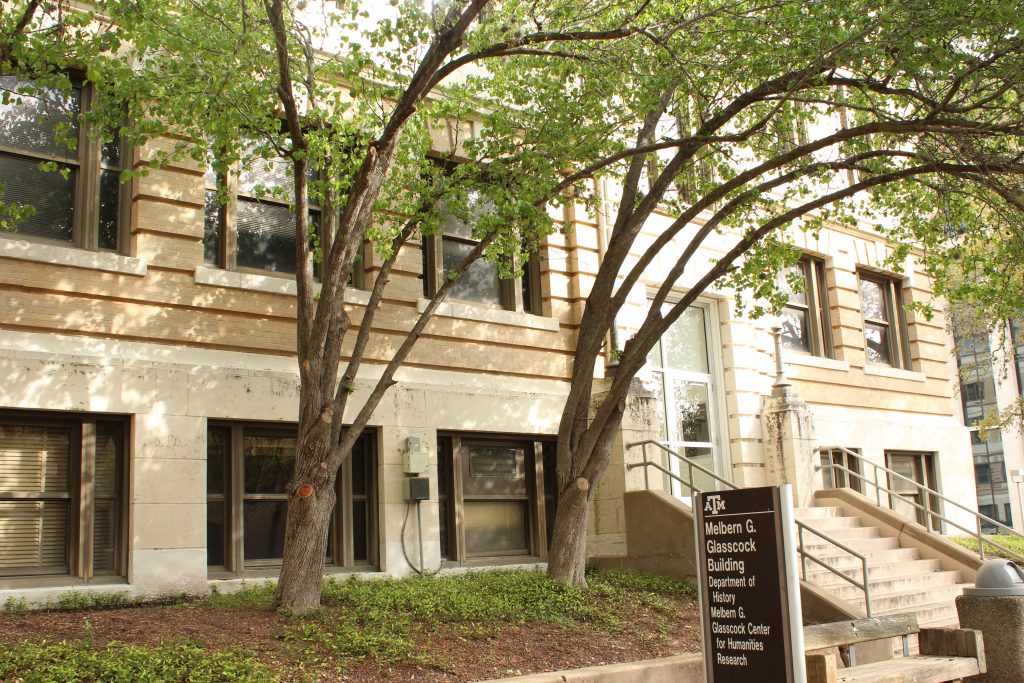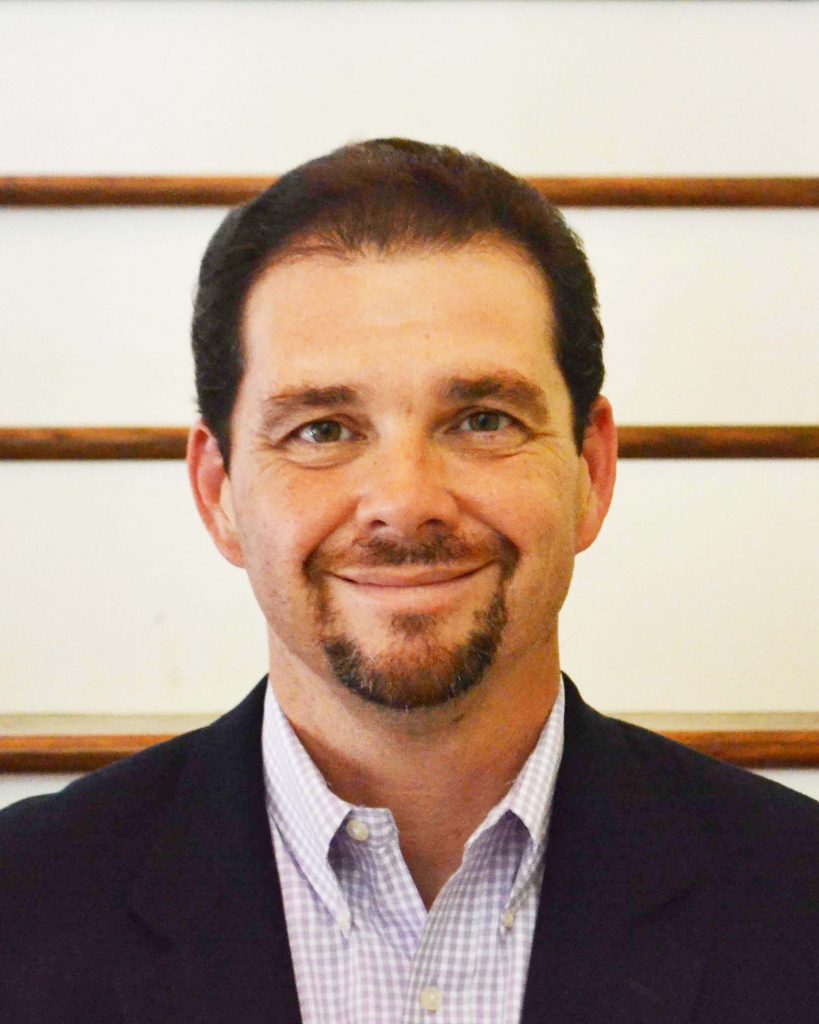Dialogue with Department Head: Carlos Blanton
Professor Carlos Blanton is stepping into a new role as the Head of the Department of History, and shares his unique perspective of studying history and why he aims to share the narrative of Mexican American history.

Passionate about telling the historic stories of others, history professor Carlos Blanton is stepping into a new role of Head of the Department of History. In this dialogue, Blanton shares his unique perspective of history, why his goal is to tell the narrative of Mexican American history, and what he hopes to do as Department Head.
Where are you originally from, and what drew you to Texas A&M? 
I am originally from a small town in rural South Texas called Freer, in the middle of Duval County. I grew up with teachers as parents and with other teachers in my family, so the classroom was always very familiar to me even as a small child. I grew up loving history and, in a moment of angsty drift, just decided to go ahead and major in my hobby.
Becoming a history professor was not something I had ever thought about until I was well into my undergraduate degree and even then only loosely, but looking back I suppose it’s hard to see how I could have done any different knowing my passion for history and how that drives me. I came to Texas A&M in 2001 after taking my PhD at Rice University and teaching a couple years at Portland State University in Oregon. As a historian who focuses so much on Mexican Americans and Texas History, joining the Aggie community was very exciting for me.
What is your specialty?
I work on Mexican American (Chicana/o) History. Unlike other racial/ethnic groups in the United States, this particular group has not been well served in terms of attention by U.S. historians. Their stories have been poorly understood or even gone unknown. My goal these past 20+ years has been to change that. The demographic trends in this nation are such that a fuller understanding of all Latina/o groups will become more important each year that passes. The fabric of American history is woven with the ambition and labor of so many groups and this particular group is an important part of that tapestry. I view my job as telling those stories.
“The fabric of American history is woven with the ambition and labor of so many groups and [Mexican American history] is an important part of that tapestry. I view my job as telling those stories.”
What are you excited to do in your new role as department head?
I am most excited about endeavoring to be an advocate on behalf of my faculty, staff, and students. They make the Department of History at Texas A&M University the exciting community that it is. It is important that this community understand not just the challenges we all face in higher education today, but our ability to transform those challenges into opportunities to strive for excellence.
How does history play a major role in today’s society?
History is indispensable not just for being an engaged and purposeful citizen of this nation, but also for being a true global citizen. Looking into the past to draw meaning is a skill all human beings have and continue to develop as we age. The study of history pushes students to think about contemporary issues from a longer, deeper perspective. Questioning the known, interrogating the unintelligible, exploring why the world is the way it is—these intellectual explorations ask our students to think critically about all that they know.
In short we ask them to rethink the world. This is a deep engagement with all that surrounds us and makes us. It is a serious intellectual mission and one that creates really smart, creative thinkers. Every field or job can use these thinkers.
Why are the liberal arts important to invest and study in?
Liberal arts foster the intellectual exploration that all students need at some level to make an impactful contribution to society. Even just a few liberal arts courses can be priceless in terms of life-long learning. Come and join us. This is the stuff that makes the university experience!
